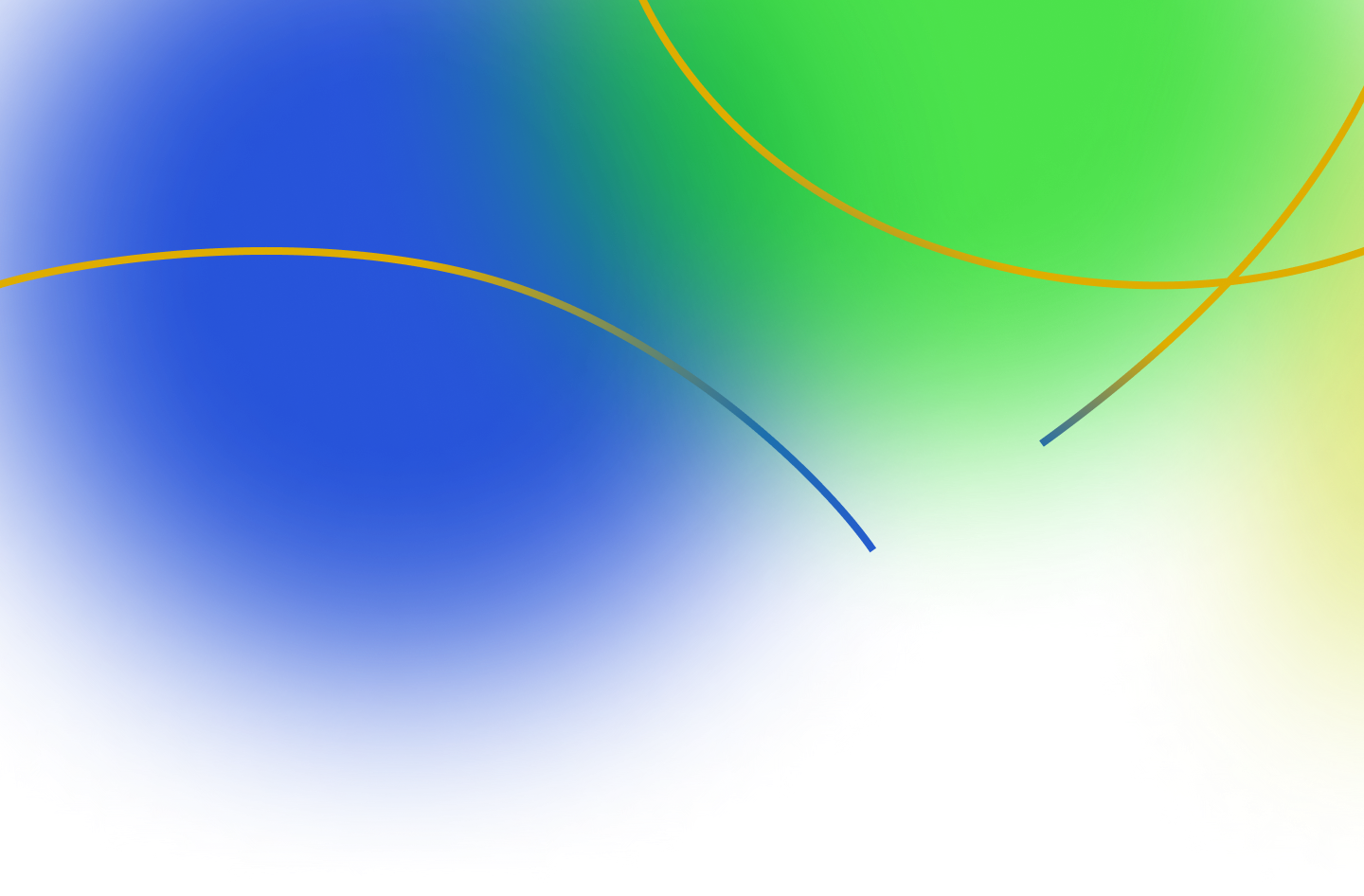The European Christian Political Party (ECPP) welcomes the Council’s decision to lift the remaining economic sanctions on Syria, aimed at supporting the population and stabilizing the country. At the same time, ECPP expresses serious concerns regarding the current leadership in Syria—particularly interim president Ahmed al-Sharaa (also known as Abu Mohammad al-Julani) and the involvement of Hayat Tahrir al-Sham (HTS) and its affiliates in ongoing human rights violations, particularly the violations of religious minority rights.
Valeriu Ghileţchi, ECPP President:
“We support efforts to help the Syrian people rebuild their country with dignity and freedom. But this must not come at the cost of turning a blind eye to the oppression of Christians, Druze, and other religious minorities. The EU should exercise caution in cooperating with the HTS-led interim government and ensure that engagement also includes civil society actors beyond their control.“
Context
On 20 May 2025, the European Council announced the lifting of economic sanctions on key sectors in Syria to support the Syrian people in reuniting and rebuilding a free, inclusive, pluralistic, and peaceful nation. Sanctions against the al-Assad regime remain in force.
This move follows a series of EU efforts to aid Syria’s recovery since the fall of the Assad regime. In February 2025, an initial set of economic sanctions was suspended. In March, European Commission President Ursula von der Leyen committed nearly €2.5 billion to support Syria’s transition, socio-economic recovery, and humanitarian needs across the region.
ECPP Perspective
ECPP welcomes this humanitarian-focused decision as a much-needed step for the Syrian people, who have long suffered under the brutal Assad regime and the devastation of civil war. Syrians deserve the opportunity to rebuild their country with dignity and freedom.
At the same time, ECPP is deeply concerned about the current leadership of the interim Syrian government, led by Ahmed al-Sharaa and HTS. This leadership did not come to power through democratic means but instead seized control through force. Significant parts of Syria remain outside of HTS control, and millions of Syrians who are not Sunni Arabs —estimated at around 5 million— are not represented by the current government which is fully under control of the HTS. Moreover, HTS-affiliated militias have committed mass killings of Alawites and Druze communities, along with other violations of the rights of religious minorities. In addition, Turkish backed extremists occupy parts of northern Syria such as Afrin and Manbij and commit crimes against humanity in these areas.
In this context, ECPP urges the Council and High Representative/Vice-President Kaja Kallas to proceed with caution in any cooperation with the interim HTS government. The protection of human rights, particularly those of religious minorities such as Christians, Druze and Alawites as well as the Kurds, must remain a central priority.
We call on the EU and EU Member States not to limit engagement to the HTS-controlled government but to also work with civil society actors and humanitarian organizations operating in other parts of Syria as well as with the Autonomous Administration of North-East Syria and the leadership of the Druze in Suweida. A truly inclusive and peaceful Syria can only be achieved when all communities are represented and protected.



